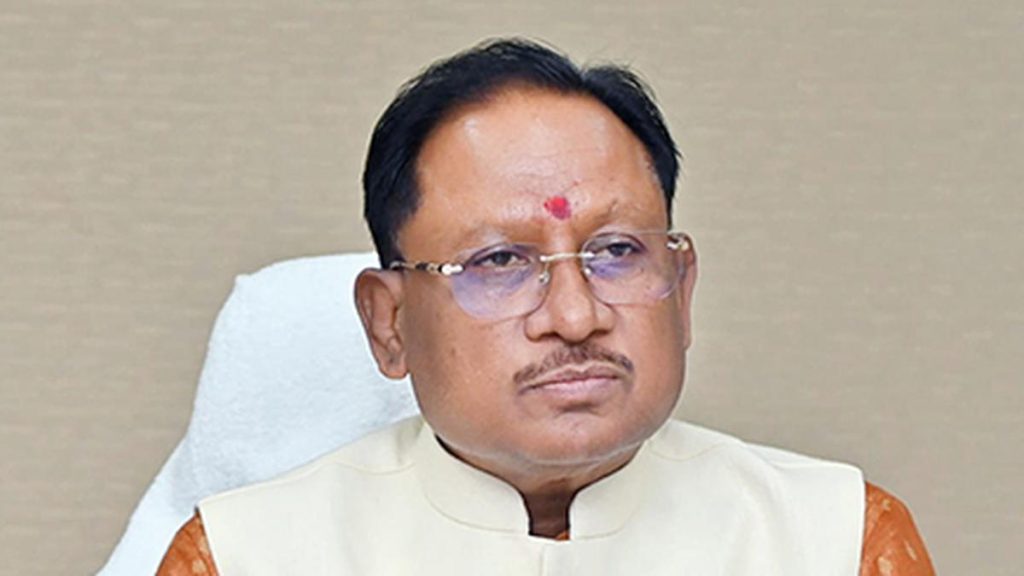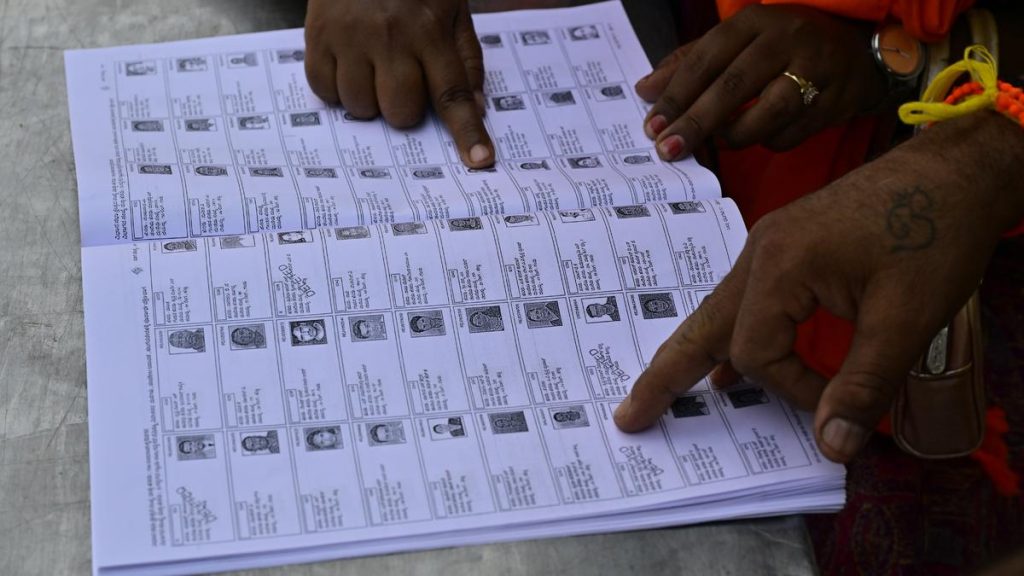Now Reading: Why Your Brain Remembers More Than You Do as a Baby
-
01
Why Your Brain Remembers More Than You Do as a Baby
Why Your Brain Remembers More Than You Do as a Baby

Quick Summary
- Researchers conducted a study analyzing infant memory formation using functional magnetic resonance imaging (fMRI).
- The infant hippocampus, critical for memory storage, can store memories starting around one year old.
- Babies were shown images during fMRI and later tested to see if they remembered these pictures.Hippocampal activity was noted when infants viewed images they eventually showed signs of remembering.
- Findings suggest humans store memories as infants but cannot access them later, a phenomenon known as “infantile amnesia.”
- questions remain about the duration and complexity of early memories and why most people’s earliest recollections are from age four or five onward.
- Results could have broader implications on language acquisition, developmental disorders, parenting strategies, childhood education practices, aging-related memory loss, and neurological diseases like Alzheimer’s.
Image Credit: byakkaya/Getty Images
Indian Opinion Analysis
The revelation that babies begin to form hippocampal-based memories around one year of age sheds light on key aspects of human cognitive development and raises intriguing questions about memory retention across ages. For India-a society that places great cultural emphasis on early childhood upbringing-this research carries potential implications in areas like childhood education methodology or strategies for improving long-term cognitive outcomes.
From a scientific standpoint in India’s research ecosystem context, studies such as this emphasize the importance of engaging neuroscience expertise to explore similar phenomena locally or adapt existing findings to diverse sociocultural environments within the country-including variations in upbringing styles or parental interaction patterns across urban vs rural settings.
Additionally, insights into early brain activity could prove valuable for developing interventions aimed at minimizing developmental disorders among India’s vast child population-a challenge given broader concerns about healthcare disparities nationwide.
Link: Read More

























